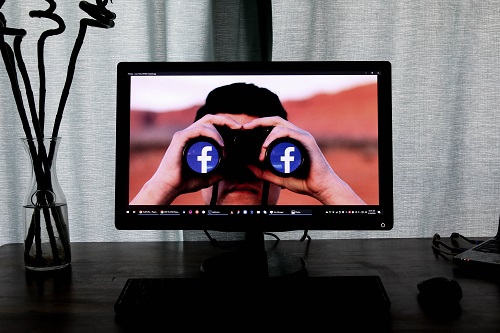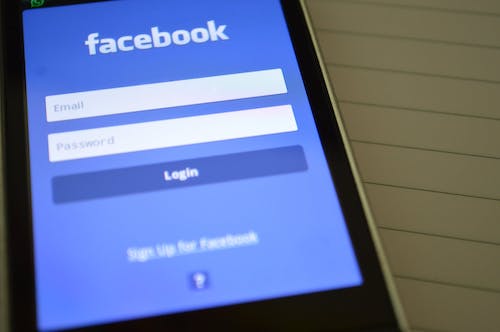Will Facebook die out like MySpace, Napster, and the many other seemingly invincible digital platforms that ultimately became extinct? It’s a valid question. Platforms come, they grow, they flourish, and then they fizzle. It’s a natural progression (and digression).
If you were an early social media bloomer, you might remember your first MySpace account. You remember signing up and seeing your first “friend.” Good old Tom. Maybe you got hooked, spending hours a day on the platform, just like a good chunk of today’s Facebook (and other social media) users.
The last thing that probably crossed your mind? That MySpace would one day be replaced by Facebook and dozens of other social media platforms.
 Facebook: Will it Last or Will it Die?
Facebook: Will it Last or Will it Die?
There are a few reasons to suggest that Facebook isn’t invincible. First, is the reality of technology. It doesn’t matter how big, websites, applications, and other technologies naturally come and go. Something comes out that’s better. A new method renders it obsolete. And on and on.
Let’s look at a few case studies:
- AOL Instant Messenger: Ah, yes. Good old AOL Instant Messenger. If you’re in your 30s or 40s, you are well aware of “AIM.” When you were chatting with your friends or browsing in an online chat room, would you ever think, “Hmm, how long is this going to last?”
- Old search engines: Lycos, AltaVista, Netscape Navigator, the list goes on. If you’re at least in your 30s, these websites probably sound familiar. These were the top search engines of their times. Now, Google dominates online search, reeling in a whopping 87 percent of search queries.
- Napster & other data sharing: With exception to the outlier Torrent website that is currently flying under the radar, music and video data sharing programs have gone by the waysides. Due to a combination of legal oversight and the advent of streaming, these programs are all but extinct.
What Could Kill Off Facebook?
Facebook has experienced some setbacks in the area of reputation management. Data and privacy are hot topics in today’s digital world. Along with Google and other platforms that sell advertising, Facebook has been a prime target for privacy. People are becoming more resistant to having their online activity tracked, which of course is done so for marketing purposes.
The feeling has even led to the creation of new social platforms that were specifically designed to combat privacy concerns. MeWe, for example, is a social network that prides itself in it being built on “Trust, Control and Love.” Head on over to their homepage, and you’ll see slogans like, “Your private life is #Not4Sale” and “No Ads. No Spyware. No BS.”
While I wouldn’t say MeWe is a “Facebook killer,” per se, the idea that people are so disturbed that they are actually turning to an alternative is a revealing indicator.
Ironically, the most damning threat to Facebook could be today’s youth. If you were to ask high schoolers today what they think about Facebook, it wouldn’t be unusual to get some responses that sound something like this: “Facebook? Nah, that’s for old people.”
More and more teenagers, college students, and even older have moved beyond Facebook (some of whom are merely trying to escape from their parents). They’re now spending more time on Instagram, SnapChat, and other social media platforms.
 Finally, a Potential New Category
Finally, a Potential New Category
New technologies (not just new web- or mobile-based platforms) could also potentially replace Facebook in the future. Who knows what social media will be like a decade from now. It could be accessed exclusively through virtual or augmented reality.
While Facebook is trying to stay at the forefront of virtual reality, someone can always do better. A seamless augmented reality experience could eliminate the need for logging into your website or opening a mobile app to connect with others online. A simple gesture could give you three-dimensional avatars of your friends, not two-dimensional photos.
Beyond basic usability, digital technology is largely about benefits and features. Right now, Facebook isn’t overshadowing its competitors in features. It’s biggest competitive advantage is experience. That is, they got a big head start. But the basic functions of the platform are now shared by dozens of other platforms. Following, commenting, sharing, liking, uploading photos, the list goes on. This isn’t groundbreaking stuff.
A new category of online social interaction – like virtual or augmented reality – could put the nail in the coffin. Unless the social media giant tackles it first.
Which, especially considering its intense pursuit of these technologies, is very plausible. Only time will tell.
